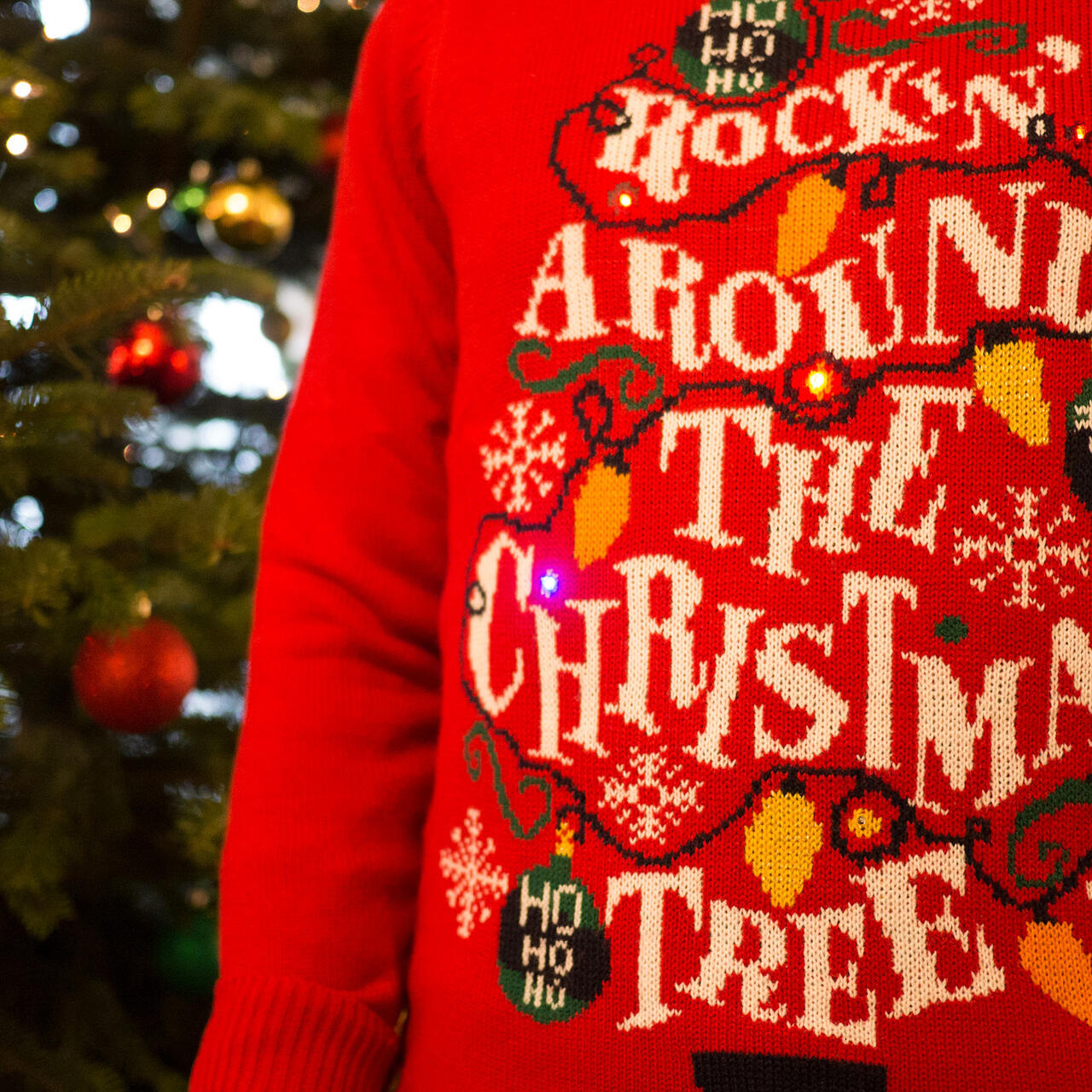
Last year, a survey estimated that £335 million would be spent on unwanted Christmas presents. Nearly half surveyed said the item was the wrong size or fit.
Here are some of the worst Christmas presents that we’ve heard about recently. You might recognise them.
Toilet paper
"A large, multipack of toilet paper. With absolutely no explanation."
Scented candles
"Does anyone really like them?"
That ugly sweater
"Say no more."
A tablet case
"Helpful, right? I didn't have a tablet."
Sometimes that 'stuff' is as unwanted as the socks from your Auntie under the Christmas tree
The saving grace? The gift card.
What would you prefer? That ugly sweater? Or a gift card so that you can buy what you really want – and need?
Whatever your preference, a gift card gives you the choice and the power to make a decision for yourself.
And it’s that sense of choice and power that we want to offer to refugees.

For people who live in places like Iraq, Lebanon, or South Sudan, who have been forced to flee their homes by conflict or violence, the old way of doing aid has been to give them ‘stuff’ – and sometimes that stuff is as unwanted as the socks from your Auntie under the Christmas tree.
But we’re finding that it’s not always the best way. Giving refugees cash can make more sense. It can reach people who need it most more quickly, saving the taxpayer money and helping refugees to rebuild their independence.
It’s the step up that refugees need to help themselves and their families in times of crisis.
It allows them to make the choices for themselves – choosing food that’s culturally appropriate and clothes that fit.
Last month in Iraq, the International Rescue Committee gave cash relief to people whose lives have been disrupted by a recent earthquake.
We’re committing to doing more of it: at least a quarter of the aid we offer will be given in cash by 2020.
Because when crisis strikes, sometimes a little cold-hard cash can provide a means to rebuilding lives.
Survey: GoCompare. Photo: UK in Austria (Creative Commons)




